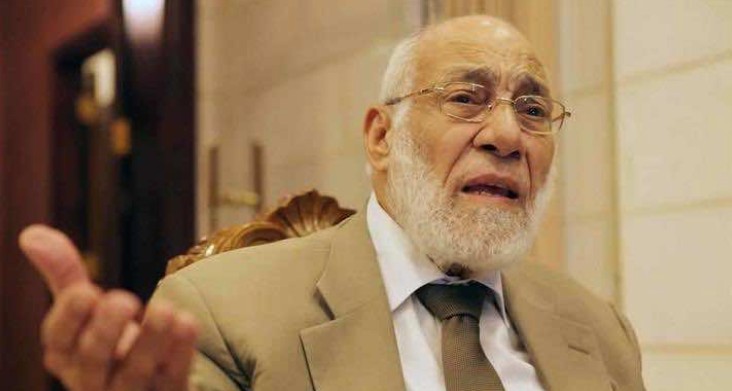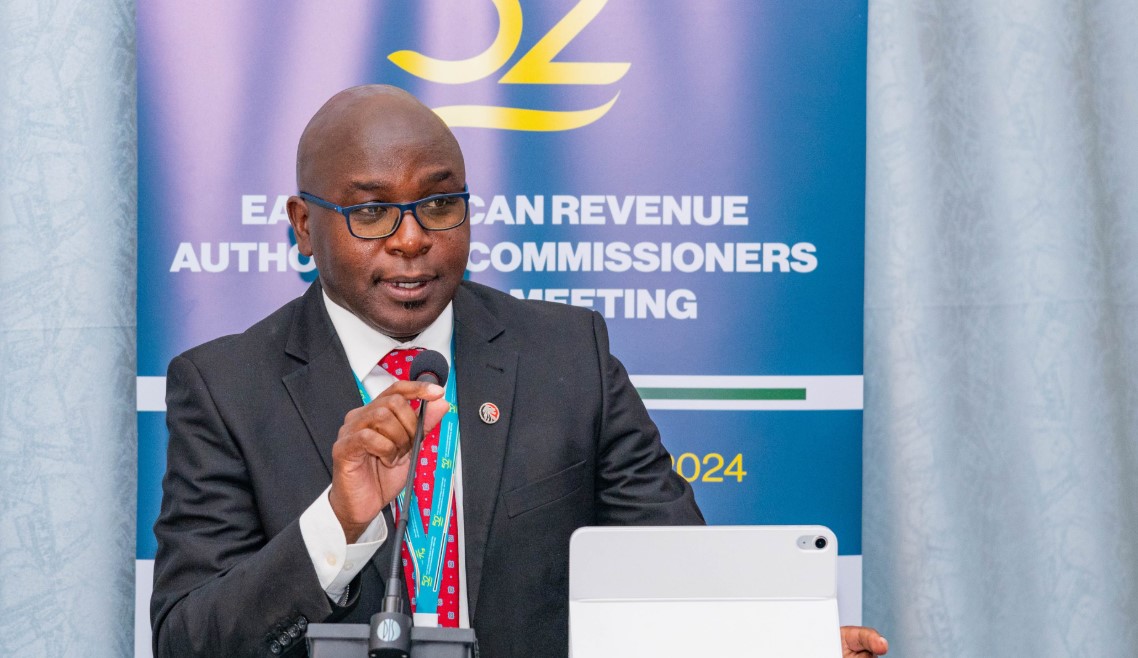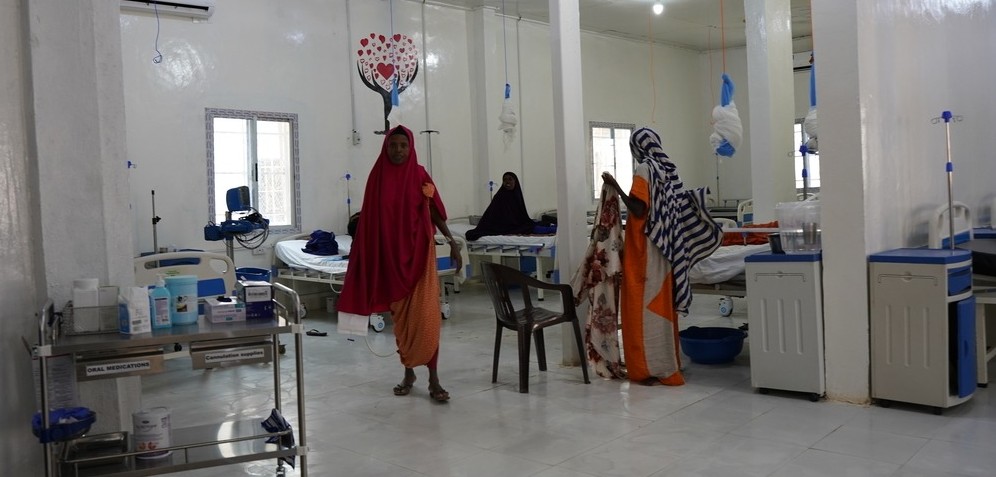Universities ordered to admit all qualified students despite financial constraints

Vice-Chancellors have also been directed to facilitate suitable accommodation arrangements for first-year students, with the guarantee that the necessary fees will be paid upon disbursement of the upkeep component.
The Ministry of Education has directed all universities to admit all students who have qualified for university admission despite their abilities to pay household contributions.
Education Cabinet Secretary Julius Ogamba has ordered that Vice-Chancellors of public universities should not turn any student back for non-payment of fees.
More To Read
- Kenya’s public schools on the brink amid illegal fees, funding shortfalls
- KUPPET proposes overhaul of funding, abolition of bursaries in fresh push for fully free public education system
- Maraga slams scrapped university funding model as "poorly planned", says government acted without foresight
- Ruto affirms commitment to free, quality primary and secondary education despite budget strain
- Education CS Julius Ogamba announces major shake-up in public university leadership
- HELB resumes disbursements to KMTC students after Treasury releases Sh500 million
“The Ministry of Education wishes to inform all students who have qualified for university admission that they are guaranteed a place in their chosen institutions, irrespective of their ability to immediately pay the household contribution. Vice-Chancellors of public universities have therefore been directed to admit all qualified students without exception,” Ogamba said in a statement on Wednesday.
Vice-Chancellors have also been directed to facilitate suitable accommodation arrangements for first-year students, with the guarantee that the necessary fees will be paid upon disbursement of the upkeep component.
The Ministry said it is working with the National Treasury to expedite the release of the requisite funds.
“These directives reflect the Government's unwavering commitment to ensuring that no deserving student is denied the opportunity to pursue higher education due to financial constraints,” Ogamba said.
Students with questions or appeals regarding fees and funding have been encouraged to contact teams stationed in universities during admission. Students can also seek help through the Higher Education Portal at www.hef.co.ke.
“Appeals will be processed within three weeks from the date of application, ensuring timely financial support for students in need,” Ogamba said.
Deadline extension
Ogamba said the deadline for applications has been extended to December 31, 2024, to accommodate those who may face delays.
The directive from the Ministry comes after Members of Parliament urged universities to admit all students regardless of their ability to pay, following concerns over the new funding model.
The model has seen hundreds of students placed in what they deem as wrong financial bands, placing education out of their reach.
“This means that the testing instrument is the elephant in the room. Putting kids in bands 4 and 5 means that they are earning more than 120k,” Aldai MP Marianne Kitany said.
 Graduates at the Garissa University's 4th graduation ceremony on June 23, 2024. (Photo: Education Ministry)
Graduates at the Garissa University's 4th graduation ceremony on June 23, 2024. (Photo: Education Ministry)
Another MP commented, “This is Kenya; very few people earn 120k. They need to change the principle. The whole system is a mess. They should go back to the drawing board.”
MPs told the Principal Secretary for Higher Education Beatrice Inyangala to instruct universities to implement that directive as the ministry seeks to rectify errors that have been identified with the new university banding funding model.
The newly introduced model of funding that allocates funding to students based primarily on the student’s household income has confused students who have been categorized complaining of having been placed in the wrong bands.
Categorisation
Official data from the Ministry shows that a total of 113,105 funding applications have been processed.
However, only 10,528 of the applicants have been classified in Band 1, which will receive the highest government support, while Band 2 has 11, 393 students. Band 3 has 20,089 students and over half of the students have been placed in Band 4 (37,764) and Band 5 has 26,137.
Another 7,194 students are self-sponsored, and they only qualify for the upkeep loan and they do not get a scholarship.
Under the funding model, students categorised in Band 1 are students from homes earning less than Sh5,995 per month. These students will receive the highest level of government funding, covering 95 per cent of their university tuition fees through a combination of scholarships and student loans. Students will also get a Sh60,000 upkeep allowance. Families will only be required to contribute five per cent.
The second level, Band 2, includes students from households with an income ranging from Sh5,995 to Sh23,670 per month. These students will receive the second-highest level of government funding, covering up to 90 per cent of their tuition fees. This funding will consist of a 60 per cent scholarship and 30 per cent student loans. Students will also get a Sh55,000 upkeep allowance. Families will only be required to contribute 10 per cent.
The third level, Band 3, includes students from households with an estimated income between Sh23,671 and Sh70,000 per month. At this level, the government will provide 80 per cent of the tuition costs, consisting of a 50 per cent scholarship and a 30 per cent student loan. Households will be responsible for the remaining 20 per cent. Students will also receive a Sh50,000 upkeep allowance.
The fourth level, Band 4, consists of students from households with an income between Sh70,001 and Sh119,999 per month. Here, the government will cover 70 per cent of the tuition costs, with 40 per cent coming from scholarships and 30 per cent from student loans. Households will be required to contribute 30 per cent. Students will also receive a Sh45,000 upkeep allowance.
The fifth level, Band 5, includes students from households with an income above Sh120,000 per month. At this level, the government will provide 60 per cent of the tuition costs, comprising a 30 per cent scholarship and a 30 per cent student loan. Households will contribute 40 per cent. Students will also receive a Sh40,000 upkeep allowance.
The students represent the second cohort under the new university funding model, which has faced scrutiny and questioning from stakeholders since its inception.
The Ministry of Education was tasked with completing the assessment of each student’s financial need to determine their eligibility for financial assistance. This led to the recall of all admission letters which had not indicated the exact fee payable by a household.
Top Stories Today













































